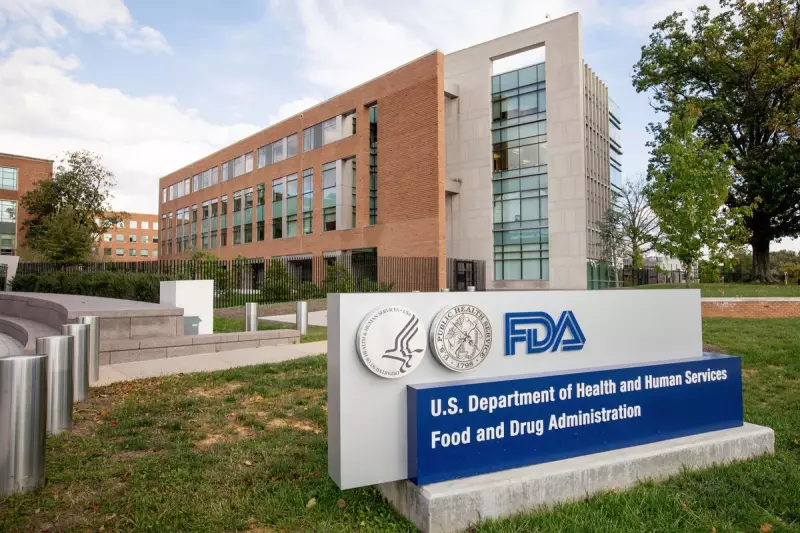
Former President Donald Trump allegedly orchestrated a concerted campaign to pressure US health regulators into fast-tracking Covid-19 vaccine approval ahead of the 2020 presidential election, a bombshell congressional investigation has revealed.
The report from the Senate Committee on Coronavirus Crisis outlines how Trump administration officials repeatedly attempted to influence the Food and Drug Administration (FDA) to accelerate authorisation of vaccines developed by pharmaceutical giants Pfizer and Moderna.
Political Pressure on Scientific Process
According to the findings, senior Trump officials established an "alternative process" for reviewing vaccine data that bypassed the FDA's standard scientific protocols. This parallel system was designed to provide the White House with premature results that could be leveraged for political messaging.
The investigation details how Trump's chief of staff, Mark Meadows, went so far as to urge FDA commissioner Stephen Hahn to grant emergency approval for Pfizer's vaccine on December 11, 2020—a day after an important advisory committee meeting. Dr Hahn reportedly resisted these pressures, maintaining the agency's scientific integrity.
Election Timeline Influence
Evidence suggests the Trump administration was particularly focused on the electoral calendar. The report indicates officials sought vaccine authorisation before November 3rd, 2020, potentially to boost Trump's re-election prospects amid the pandemic crisis.
Despite these pressures, career scientists and officials at the FDA stood firm, ensuring that the vaccine approval process remained grounded in scientific evidence rather than political expediency.
Regulatory Independence Maintained
The Senate committee's report concludes that while political pressure was significant, the FDA ultimately succeeded in maintaining its regulatory independence. The agency's adherence to established protocols ensured that authorised vaccines met rigorous safety and efficacy standards.
This revelation raises serious questions about the relationship between political leadership and scientific institutions during national emergencies, highlighting the critical importance of preserving regulatory independence in public health decision-making.






